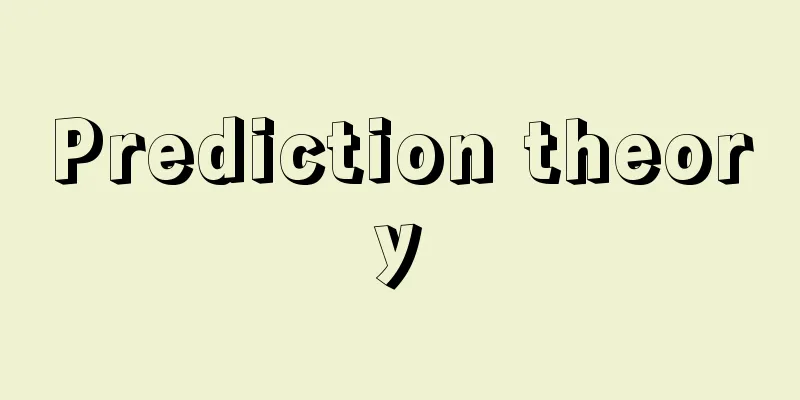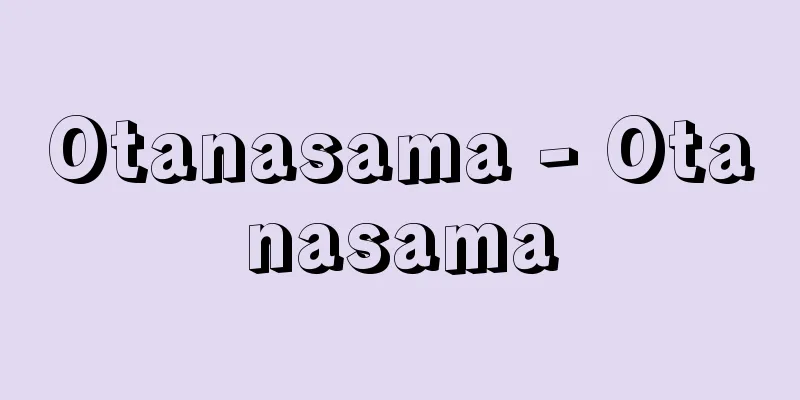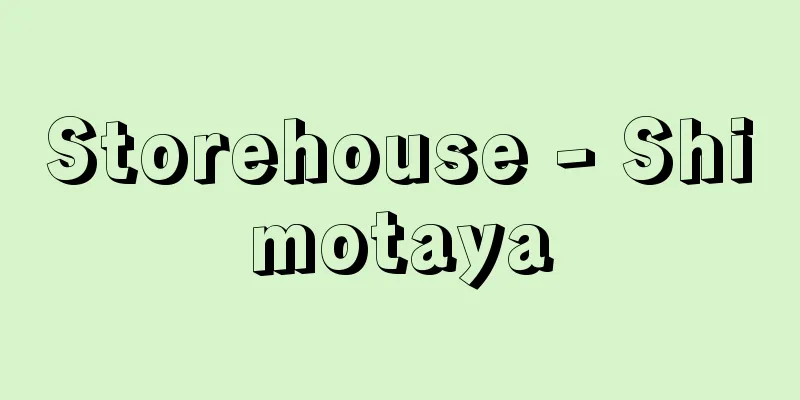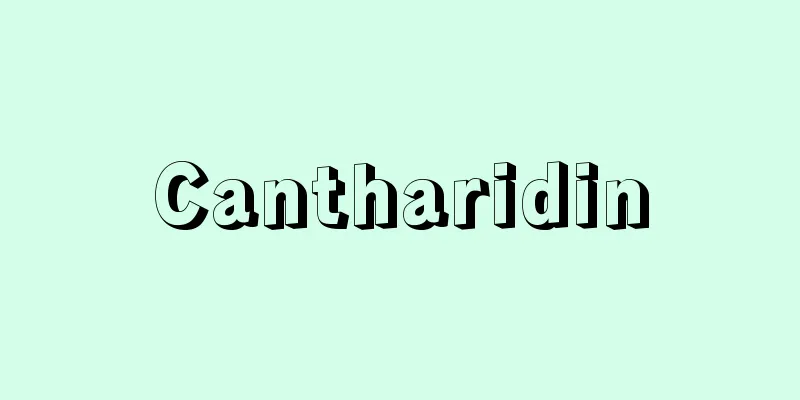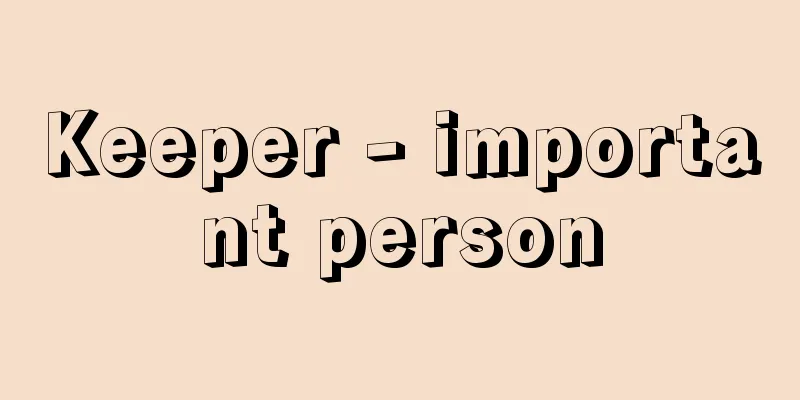Night

|
〘Noun〙① The time from sunset to sunrise. The time when it is dark after the sun has set. Nighttime. Yo. ※Man'yoshu (late 8th century) 5.807 "In the present day, there is no way for us to meet, but in my dreams, I can only see you." ※ Genji (around 1001-14) Momiji-ga "Please do not be confused when you are here, but please stop by at night sometimes." ② Used figuratively to convey the meaning of darkness or gloom. "Emperor of the night" [Etymology] (1) While "yo" creates a compound word, "yoru" does not. (The parallel "yoruhiru" is an exception.) (2) In ancient times, night was divided into three parts: "yohi," "yonaka," and "akatoki." The point at which the date changed was between the hour of the ox (around 2 a.m.) and the hour of the tiger (around 4 a.m.), and it is thought that the boundary between "yonaka" and "akatoki" coincides with this point at which the date changed. (3) Originally, "yoru" refers to the entire dark period of time, whereas "hiru" refers to only a specific part of it. Therefore, it is thought that in the past, only "yo" was used with attributive modifiers, and not "yoru." Yo [night]Yu [Night]Source: The Selected Edition of the Japanese Language Dictionary About the Selected Edition of the Japanese Language Dictionary Information |
|
〘名〙① 日没から日の出までの時間。太陽が没して暗い間。夜間。よ。※万葉(8C後)五・八〇七「現(うつつ)には逢ふよしも無しぬばたまの用流(ヨル)の夢にを継ぎて見えこそ」※源氏(1001‐14頃)紅葉賀「君のおはする程はまぎらはし給を、よるなどは時々こそとまりたまへ」② 暗い、暗黒などの意をこめて、比喩的に用いる。「夜の帝王」[語誌](1)「よ」が複合語をつくるのに対して、「よる」は複合語を作らない。(並立的な「よるひる」は例外) (2)上代、夜は「よひ」「よなか」「あかとき」と三分された。当時の日付変更時点は丑の刻(午前二時ころ)と寅の刻(午前四時ころ)の間であったが、「よなか」と「あかとき」の境はこの時刻変更点と一致していると考えられる。 (3)元来、「よる」は「ひる」に対して暗い時間帯全体をさすが、「よ」はその特定の一部分だけを取り出していう。従って、古くは連体修飾語が付くのは「よ」であり、「よる」には付かなかったとする考えが出されている。 よ【夜】ゆ【夜】出典 精選版 日本国語大辞典精選版 日本国語大辞典について 情報 |
Recommend
Opinion letter - Ikenfuuji
During the Nara and Heian periods, when the emper...
Meningitis - Zumakuen
Inflammation of the meninges that surround the br...
Cambium - Cambium
A meristematic tissue that exists at the boundary...
Stock cancellation - Kabushiki Shokyaku
When a corporation acquires its own stock and canc...
Intelligence - Intellect
In a broad sense, intellect refers to the human c...
Local faction - Kyotoubatsu
... What is noteworthy is that social ties create...
Military Comfort Women
These women were placed under the supervision of t...
yttrium
Y. Atomic number 39. Lanthanide element in group ...
Keleos
…the daughter of Cronus and Rhea, and mother of P...
Seongjong -
1457-1495 * The 9th king of the Joseon Dynasty. R...
Ibrito - Iburito
…After the 13th century, Hebrew as a written lang...
Temple meeting - Byoe (English spelling) miào huì
In China, temples, Taoist temples, and shrines are...
Pioneer Corp. - Pioneer
A major audio manufacturer. Top class in car audio...
Crabgrass - Crabgrass
An annual grass of the Gramineae family. The culm...
Ekaterinodar
…It was founded in 1793 by the Cossacks of the Ku...




